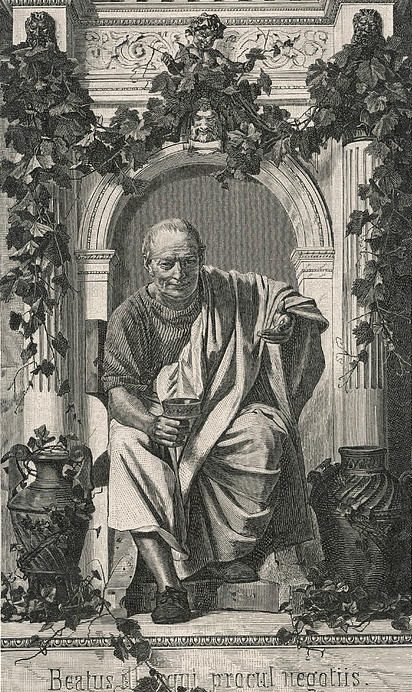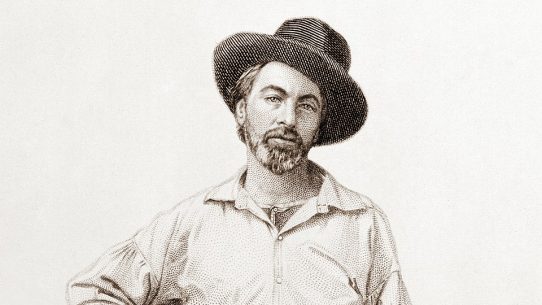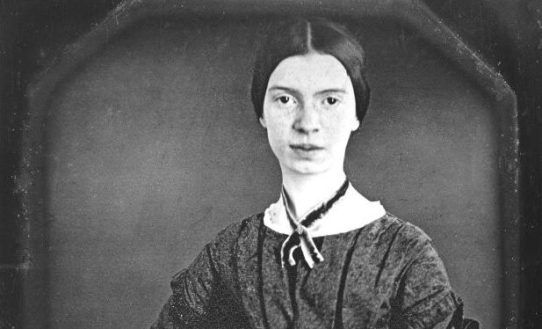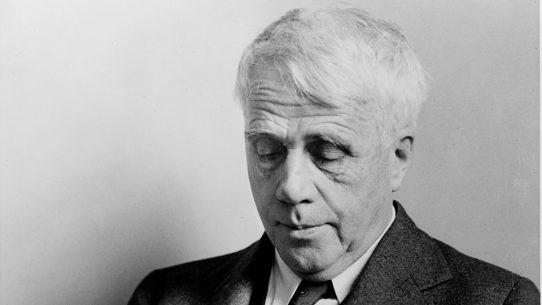Horace (65–8 BCE) was one of the foremost poets of ancient Rome and a defining voice of the Augustan Age.
Renowned for his mastery of lyric poetry, satire, and philosophical reflection, Horace combined wit, restraint, and wisdom in verse that celebrated moderation and the simple pleasures of life. His works — especially the Odes and Satires — established enduring ideals of poetic form and moral balance, influencing Western literature for more than two millennia.
Early Life and Education
Horace was born Quintus Horatius Flaccus on December 8, 65 BCE, in Venusia (modern Venosa, Italy), the son of a freedman who worked as a tax collector. Though of humble origin, Horace’s father recognized his son’s potential and ensured he received an excellent education. He studied first in Rome, where he was introduced to literature and rhetoric, and later in Athens, where he deepened his knowledge of Greek philosophy and poetry.
In Athens, Horace joined the army of Marcus Junius Brutus following the assassination of Julius Caesar. He fought in the Battle of Philippi (42 BCE), where Brutus and Cassius were defeated. After the battle, Horace returned to Rome, penniless but determined to pursue a literary career.
Literary Career and Major Works
Horace’s talent soon drew the attention of literary patrons, particularly Maecenas, a close advisor to Emperor Augustus. With Maecenas’s support, Horace devoted himself to writing, producing works that balanced personal reflection with universal insight.
His Satires (c. 35–30 BCE) reveal his early development as a poet of moral wit, exploring themes of human folly and ethical moderation. The Epodes followed, blending satire with political commentary. However, it was the Odes (published between 23 and 13 BCE) that secured his fame. Written in a refined adaptation of Greek lyric meters, these poems celebrate friendship, love, virtue, nature, and the fleeting nature of life.
In Epistles (20–14 BCE), Horace refined his voice into philosophical correspondence, addressing moral and aesthetic questions in a conversational tone. His famous phrase carpe diem — “seize the day” — from Odes I.11, encapsulates his balanced worldview: to live wisely, gratefully, and without excess.
Style, Themes, and Influence
Horace’s poetry embodies elegant restraint and philosophical moderation, reflecting both Stoic and Epicurean ideals. His style is characterized by precision, rhythm, and economy — each line crafted with polished clarity. He drew deeply from Greek lyricists such as Alcaeus, Sappho, and Pindar, yet transformed their influence into a uniquely Roman voice of moral and aesthetic refinement.
Recurring themes include the pursuit of balance (aurea mediocritas, the “golden mean”), the fleeting nature of fame and power, and the beauty of simple contentment. His humor is tempered by self-awareness; his wisdom rooted in humility.
Horace’s influence on later literature is profound. His emphasis on artistry, proportion, and moral reflection inspired poets from Dante and Petrarch to Dryden, Pope, and Wordsworth. The classical ideal of harmony between art and life — what Pope later called “Nature methodized” — owes much to Horace’s example.
Later Life and Legacy
Thanks to Maecenas and Augustus, Horace enjoyed financial security and intellectual freedom in his later years. He lived in a small villa near Tivoli, where he continued to write and reflect on the philosophical quietude that defined his later work.
Horace died in 8 BCE, just months after Maecenas, and was buried beside his friend on the Esquiline Hill in Rome. Over time, he came to embody the Roman ideal of poetic and ethical moderation — a writer who reconciled art, philosophy, and civic duty.
Through centuries of imitation and admiration, Horace remains one of the central moral voices of Western poetry. His counsel to live simply, speak honestly, and cherish each day continues to resonate in every age.
Notable Works
- Satires (c. 35–30 BCE)
- Epodes (c. 30 BCE)
- Odes (23–13 BCE)
- Epistles (20–14 BCE)
- Ars Poetica (The Art of Poetry) (c. 19 BCE)
Related Poets
Virgil, Ovid, Catullus, Propertius, Alexander Pope



